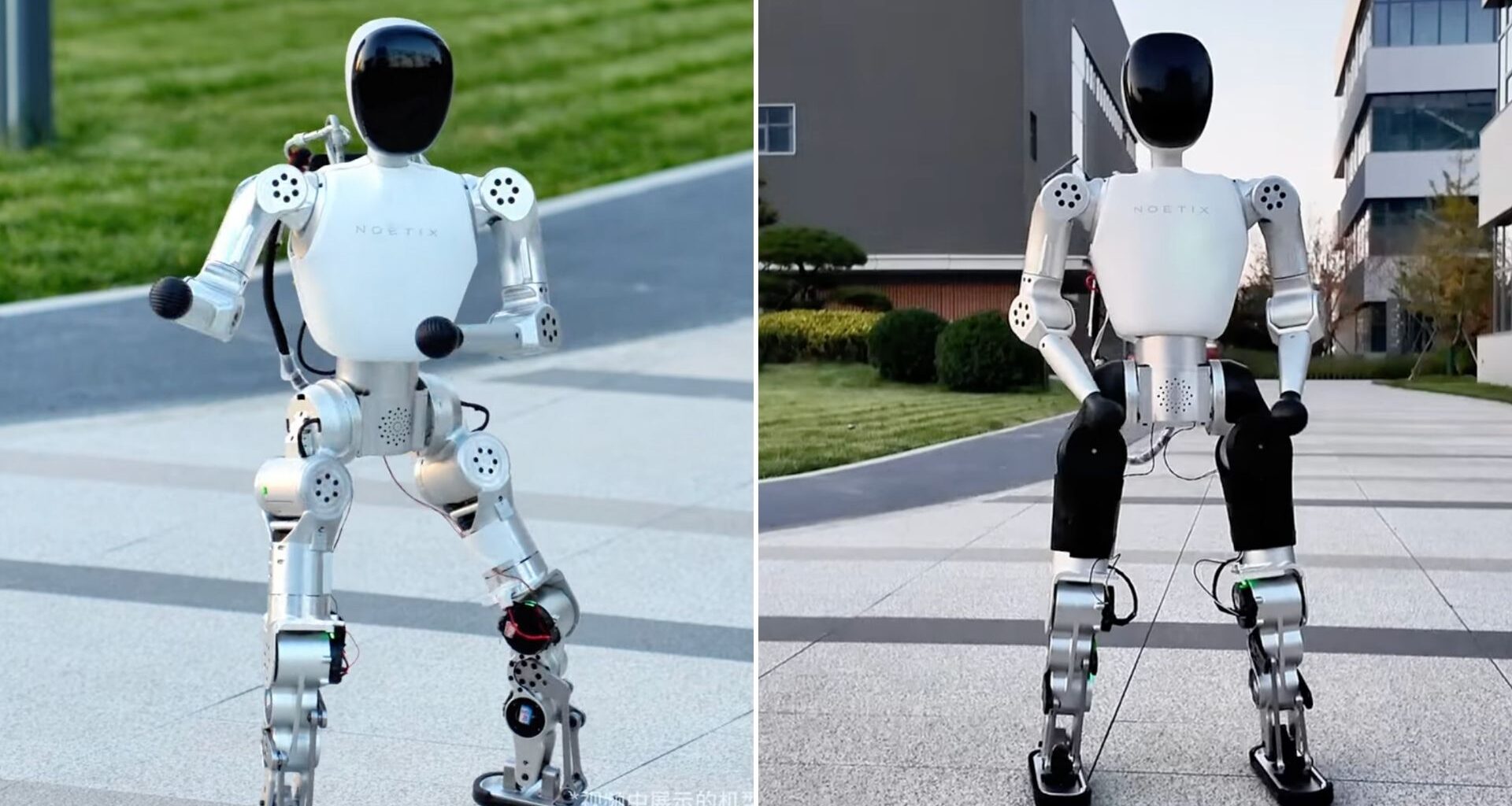In a move that could redefine the affordability of humanoid technology, Beijing-based startup Noetix Robotics has unveiled Bumi, a compact humanoid robot priced at just ¥9,998 ($1,370).
The development, first reported by TechNode and Global Times, is a significant milestone in making humanoid robots accessible beyond research labs and corporate settings, targeting consumers, students, and educators instead.
At just 3.1 feet (94 centimeters) tall and weighing 26.5 pounds (12 kilograms), Bumi is not designed to compete with full-sized, high-performance humanoids like those from Unitree or UBTECH. Instead, it represents a new category.
A smaller, lighter, and more affordable robot built specifically for education and home use. Despite its size, early demonstrations suggest that Bumi can walk, balance, and dance with remarkable stability and fluidity for its price bracket.
New milestone in humanoid affordability
According to Global Times, Noetix describes Bumi as the “industry’s first consumer-grade humanoid robot priced below ¥10,000.” The company believes this represents a turning point in robotics commercialization, transforming humanoids from laboratory prototypes into everyday household devices.
The robot’s affordability is attributed to its lightweight composite materials, an in-house motion control system, and a simplified, modular design prioritizing educational engagement over heavy industrial functionality.
The company’s earlier humanoid model, the Noetix N2, reportedly achieved over 2,500 orders and even took part in a humanoid robot half-marathon earlier this year. These achievements helped position Noetix among China’s fastest-rising robotics startups.
Unitree launched the most affordable full-sized humanoid in July for about US $6,000. With Bumi, Noetix is even further lowering the entry barrier for humanoid robots. The robot runs on a 48V battery with over 3.5Ah capacity, offering one to two hours of operation per charge. Robotics and automation news reported that it supports drag-and-drop graphical programming for children and beginners and voice interaction, allowing it to function as both a learning companion and a personal assistant.
The company announced that preorders for Bumi will open between China’s Double 11 (November 11) and Double 12 (December 12) shopping festivals, a strategic choice to attract early adopters during the country’s peak consumer season.
Compact form, ambitious goals
Noetix Robotics, founded in September 2023, was established by a team drawn from Tsinghua University and Zhejiang University. It has moved from research-focused humanoids to developing a mass-market bipedal robot in less than two years.
Most humanoid robots capable of bipedal walking and dynamic movements typically cost tens of thousands of dollars in China. At under $1,400$, the Bumi robot achieves a price point comparable to flagship smartphones or high-end drones and laptops.
This is a striking contrast to Western humanoids such as Tesla’s Optimus, Figure’s models, or Apptronik’s Apollo, which are usually priced two to three times higher, while highly advanced robots like Boston Dynamics’ Atlas can cost millions.
A video shared by RoboHub, an independent robotics media outlet, showcases Bumi’s walking and dancing capabilities. While the robot lacks the full-body dexterity of larger industrial-grade models, it appears to deliver impressively smooth motion control and balance for its category.
China’s ever-growing humanoid ecosystem
Bumi’s debut comes amid a surge of humanoid activity in China. Just a day before Noetix’s announcement, Unitree unveiled its H2 humanoid robot, a 1.8-meter-tall machine with 31 degrees of freedom, while UBTECH and the Beijing Humanoid Robot Innovation Center recently introduced the Tiangong Walker, aimed at research and education markets.
Within this ecosystem, Noetix’s Bumi offers something different. A bridge between high-end robotics and consumer accessibility.

